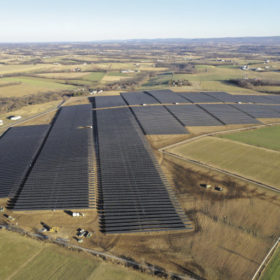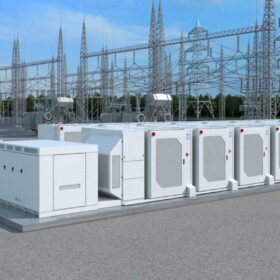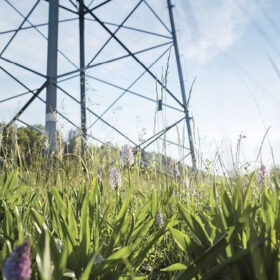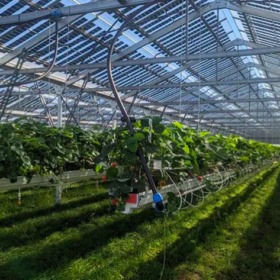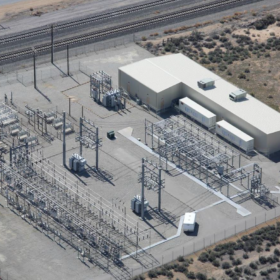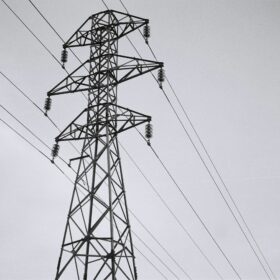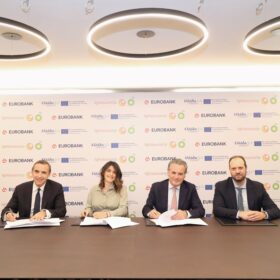Work underway on Lightsource bp’s 560 MW solar project in Greece
Lightsource bp has announced its joint venture company Ameresco Sunel Energy SA as the EPC contractor and O&M provider for its 560 MW solar project in mainland Greece. The project has been billed as one of Europe’s largest solar sites.
Greece readies for next battery storage growth phase
Greece’s energy storage market is hot with a number of new policies paving the way to new applications in the market. The government is now working a new plan, which will allow the colocation of batteries with existing solar plants as well as standalone, in front of the meter battery energy storage systems.
UP: Bringing everyone on board
With Europe’s grids ripe for upgrade and expansion, pv magazine’s Carrie Hampel examines community acceptance of energy infrastructure projects and some of the issues involved. Communication between communities and stakeholders is a two-way street.
Masdar buys out Greece’s Terna Energy in €3.2 billion deal
Masdar has agreed to acquire initially 67% of Greece’s Terna Energy, a developer of clean energy infrastructure, in a €3.2 billion ($3.4 billion) deal.
Greece shuns net metering
A recent law voted by Greece’s Parliament has closed the net metering scheme to the vast majority of electricity users. The government aims to replace it with a net billing scheme, which the photovoltaic sector has been waiting for more than a year.
Runergy strengthens alliances to bolster Europe’s solar energy revolution
In addition to establishing a registered entity in Germany, Runergy has formed expert teams with local knowledge in countries such as France, Italy, Greece, Spain, and Poland, boosting its position in Europe.
Mondragon Assembly supplies agrivoltaics production line in Greece
Mondragon Assembly says it is supplying Greece’s first manufacturing line for agrivoltaics. The production line has a capacity of 150 MW, with plans to upgrade to 300 MW, and is tailored for semi-transparent solar modules.
Greece adds storage to solar tenders
The Greek parliament has approved a new law introducing renewable energy policies for auction design and small projects with stable feed-in tariffs.
Greece’s solar curtailment starts to bite
Greece added 1.59 GW of new solar capacity last year, and projections for the current year look strong. Curtailment remains the sector’s thorniest issue, however.
Lightsource bp secures financing for 560 MW Greek solar project
Investment totaling €315.35 million ($337.8 million), consisting of funds from Eurobank and the Recovery and Resilience Fund Greece 2.0, will allow UK developer Lightsource bp to begin developing a 560 MW solar project located in the east of mainland Greece.
